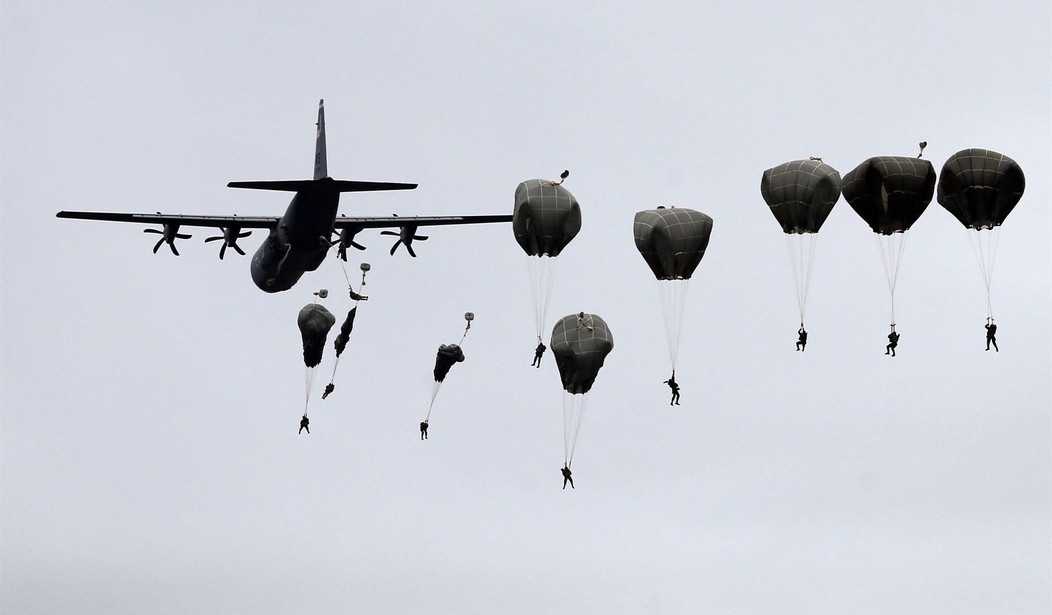As we've discussed here previously, all branches of the United States military have either fallen short of their recruiting goals or barely met them, so they are struggling to find enough qualified applicants to replenish their ranks. But if the results of a recent survey from the Institute for Veterans and Military Families is accurate, they won't be getting a lot of help from our current service members or their families. Less than one-third of active-duty troops or their family members would recommend military service to those considering joining. That number represents a significant plunge in support from just eight years ago when more than half would have done so. These results are depressing, but perhaps not entirely unexpected given the current conditions in the country and around the world. (Daily Wire)
According to a survey conducted by an advocacy organization for military-affiliated communities, only one-third of military families would still recommend military service, a 40% drop since 2016.
In 2016, 55% of active-duty military families recommended military service, compared to just 32% in 2023, Military.com reported.
Blue Star Families and Syracuse University’s Institute for Veterans and Military Families examined the responses from 7,400 people — including active-duty troops, National Guard members, and military reserve family members — and found that although the top issue disturbing them was time spent away from their families, increasing inflation was a major issue as it caused food insecurity.
The reasons given for troops and their families not endorsing a career in the military covered a variety of challenges, none of which seem very surprising. The most common reason was the amount of time service members wind up spending away from their families. Deployments while the country is at war or engaged in foreign operations tend to be much longer. That's particularly true in the Navy, where ships may remain overseas for as long as nine months or even more.
Military families are also hit with the same challenges as civilians back home. Another common complaint was inflation. Married service members receive a monthly stipend to help pay for groceries for their family, but those payments don't tend to include offsets to adjust for inflation. This has reportedly led to incidents of food insecurity impacting the families of service members. So Bidenflation is hitting home even for our men and women in uniform.
The same goes for housing costs. Most military bases have a certain amount of family housing available, but those units fill up fast and there is always more demand than can be met. A separate housing stipend is paid to married members, but the majority report that civilian housing costs are currently significantly higher than the stipend they receive so they are forced to pay the rest out of pocket. That's a problem because military pay rates aren't that high to begin with.
While it is no doubt harder to measure, cultural changes inside the U.S. military are likely taking a toll as well. We've seen an outbreak of wokeness in our military leadership of late, leading to operational changes that not everyone is in favor of, to put it mildly. Political correctness has no place on the battlefield and fitness for duty was traditionally determined through grueling physical challenges, not any sort of DEI program. If the troops are dispirited or depressed, they are less ready to fight and will almost certainly be less likely to suggest that lifestyle to others. This situation could be addressed if the will existed to do so, but the current Commander-in-Chief is leading them in the wrong direction. The inadequate recruiting numbers and the results of this poll both speak to this reality.







Join the conversation as a VIP Member